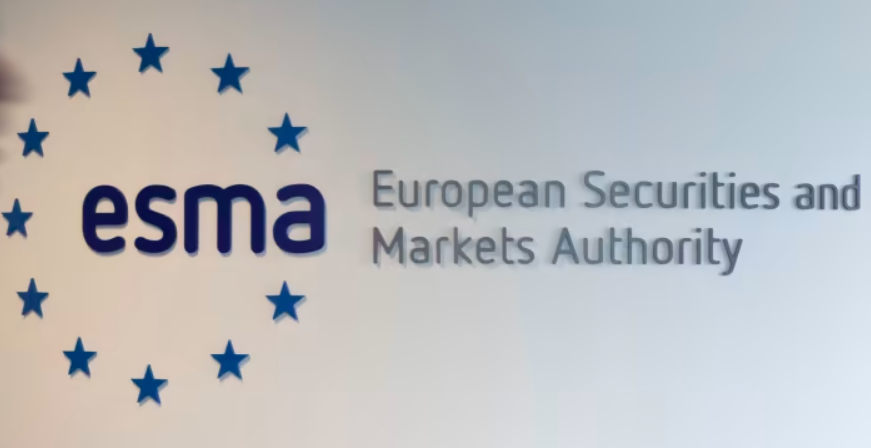The Financial Conduct Authority (FCA) has fined Citigroup Global Markets Limited (Citigroup Global Markets) £12,553,800 for failing to properly implement the Market Abuse Regulation (MAR) trade surveillance requirements relating to the detection of market abuse. By failing to properly implement the MAR trade surveillance requirements, Citigroup Global Markets could not effectively monitor its trading activities for certain types of insider dealing and market manipulation.
The message is clear: organisations must be held accountable for their social and environmental footprint. Therefore, it’s inevitable that speaking up becomes the next social…
Download whitepaper









